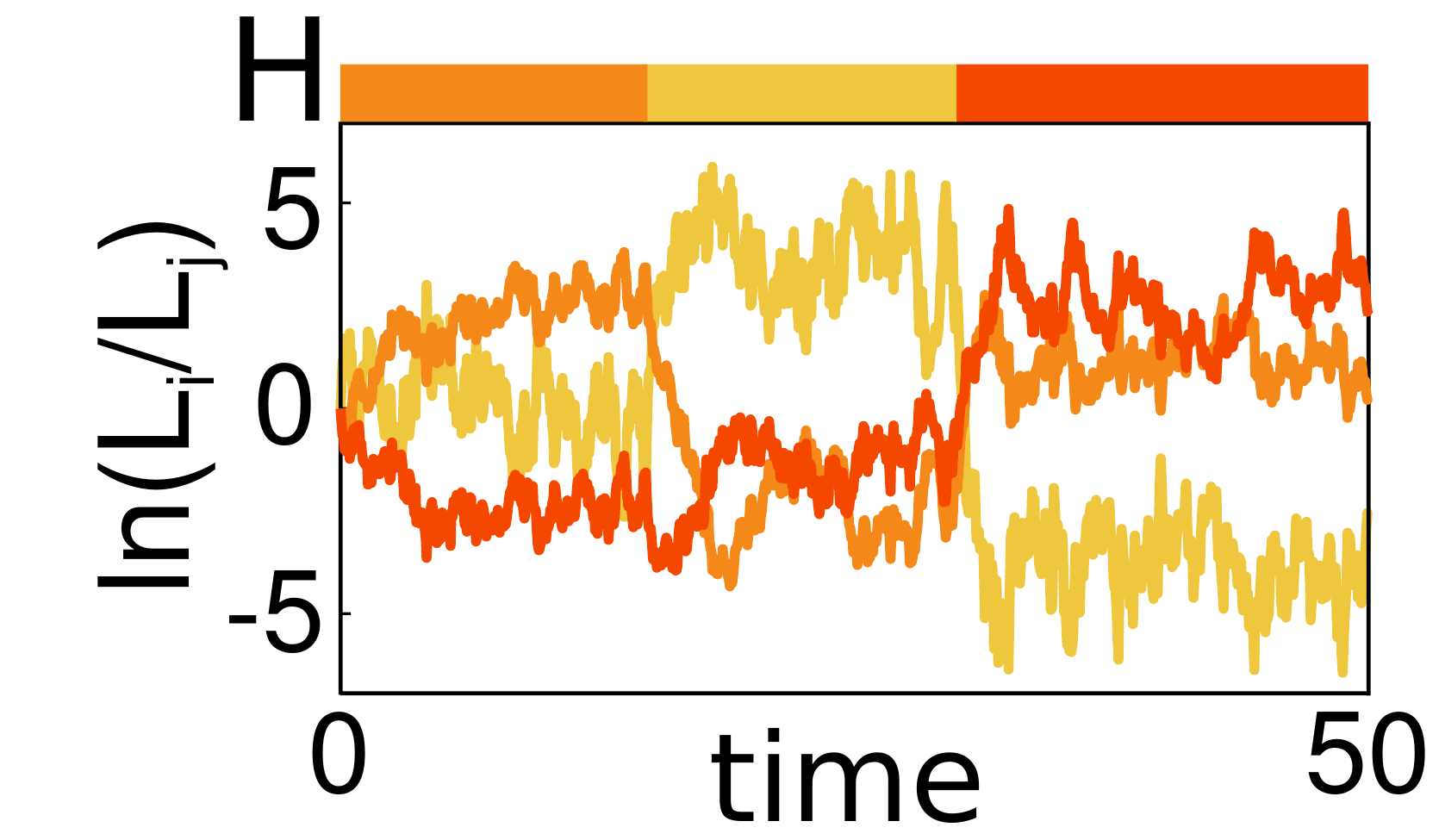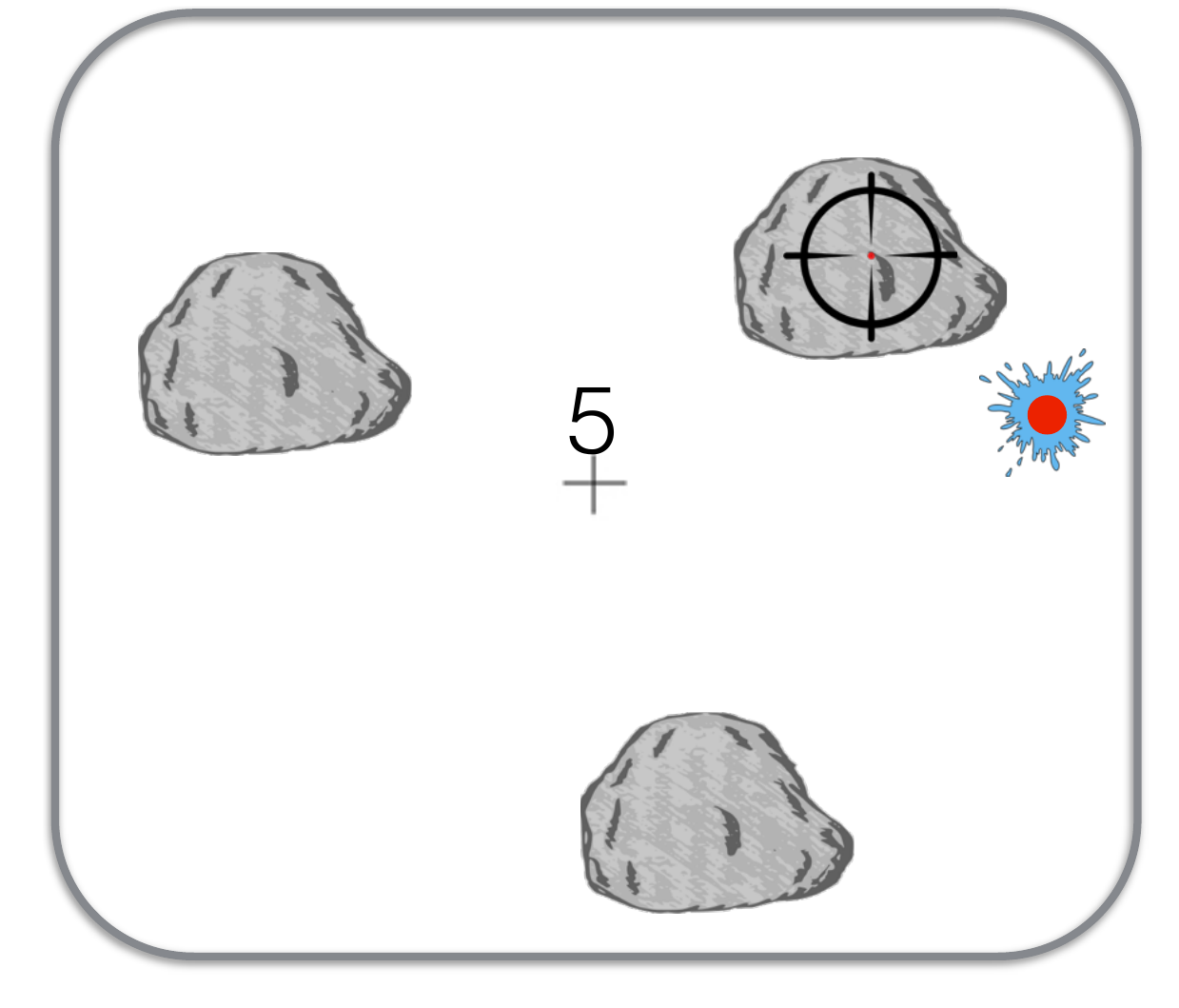Undergraduate Colloquium
Krešimir Josić
University of Houston
What can you believe when the truth keeps changing?
November 6, 2015
noon AH 10 (underground level)
| Abstract | |||
|
To make decisions in a changing world, we continuously integrate incoming information. However, not all information is equal. We weight pertinent, recent evidence more than that which is irrelevant or outdated. The computations and neural mechanisms that underlie decision making in humans and animals have been studied extensively. Most previous studies focused on tasks in which the best choice is fixed, and thus do not fully reflect fluid natural environments. I will talk about how to derive equations for the likelihood of different choices, when the correct option changes in time. These equations show that ideal observers discount prior evidence at a rate determined by the volatility of the environment. I will also describe plausible neural implementation of an optimal observer, and psychophysics experiments that can test the strategies that humans use in these cases.
|
|||
www.math.uh.edu/colloquium/undergraduate

